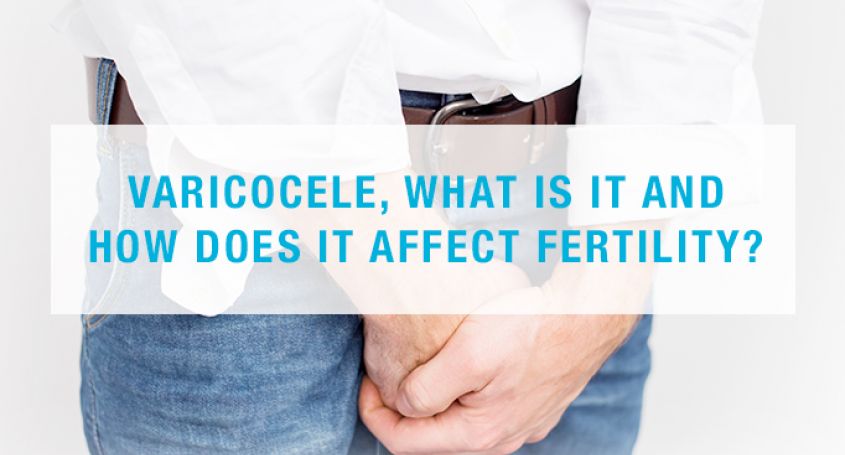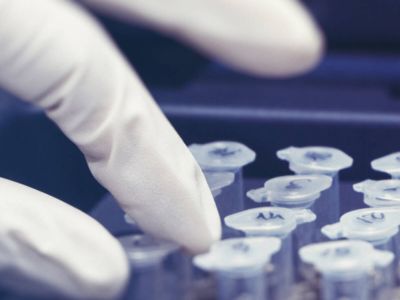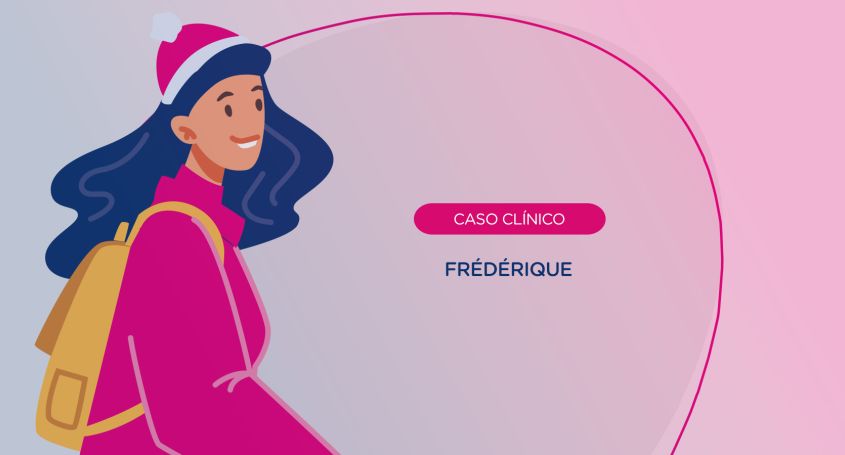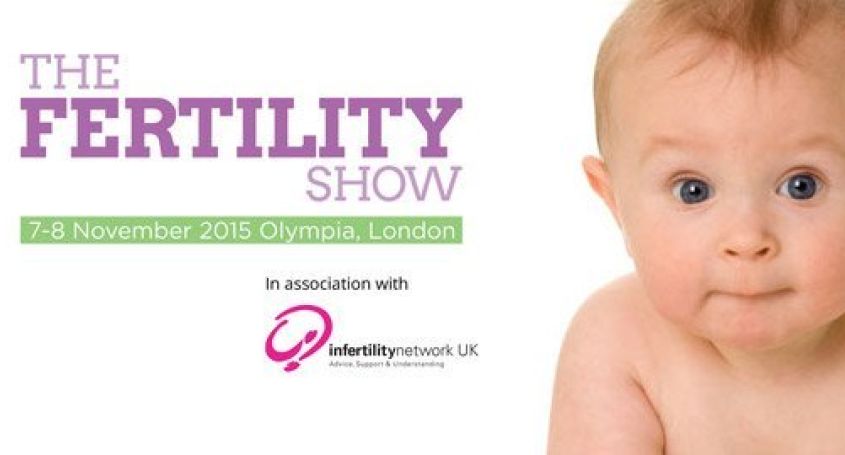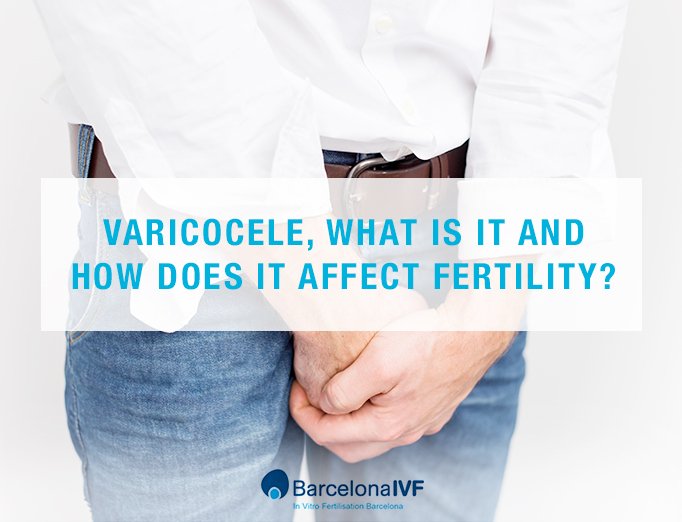
Under the causes leading to male infertility we find one of the most common conditions, varicocele, which affects between 10 and 15% of young men.
What is varicocele?
Varicocele is a dilatation in the veins draining the testicle, located in the spermatic cord inside the scrotum. This dilatation leads to an increase in the temperature of the genital area affecting the production and quality of the sperm as it diminishes its amount. It impacts masculine fertility as it lowers its capacity.
What are the symptoms?
Even though varicocele is often associated with testicular pain it sometimes shows no symptoms.
Nonetheless frequently related symptoms to testicular pain or discomfort are:
- A sensation of pain ranking from slight to acute pain;
- Increasing pain when standing up or while in physical effort;
- Feeling of pain decreasing when reclined;
- Alterations in male fertility.
On top of that with time the varicocele could grow in size and become evident, causing a bump on a testicle.
How does varicocele impact fertility?
Varicocele has a multifactorial impact on fertility. On the one hand the venous failure that produces the venous dilatation also creates a venous reflux on the testicle. That leads to an increase of temperature in the scrotum of up to 1 to 2 degrees Celsius altering the correct development of spermatozoids.
On the other hand, varicocele increases the oxidative stress altering the vitality and mobility of spermatozoids on top of attacking the integrity of its DNA.
Lastly, this circulatory disorder can cause testicular hypoxia as well as being able to obstruct the deferent conducts and impeding the spermatozoids circulation.
Not all varicoceles cause discomfort or affect fertility therefore, it is always needed to consult a specialist to get an individual evaluation and look into what is the best treatment option, if needed.
What can we do to make sure we achieve a pregnancy?
Barcelona IVF boasts the latest techniques in fertility treatments with a high success rate. Due to the efficiency of these techniques we can solve male factor issues without having to treat a case of varicocele.
This is always a personal decision, made together with your partner, since the recovery time after a Laparoscopy is never less than 6 months.
Some of the positive aspects helping to reach a decision are:
- Normal FSH (follicle stimulating hormone) levels;
- Spermiogram showing more than 5 million per milliliter of spermatozoids with no quality alterations;
- Normal testicular size;
- Partner aged no more than 36 years old and with an optimal ovarian reserve.
In conclusion, we recommend considering varicocele surgery in cases where we see a clear positive impact on the fertility treatment. One should avoid surgery if the prognosis is not promising.
